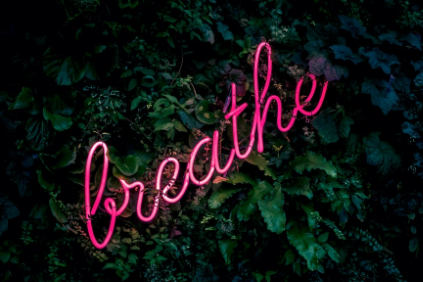Has something ever happened that caused you to feel incredibly agitated, upset, or disappointed?
Emotional triggers are external events that cause an automatic emotional and physical response within us. They can range from mild (such as slight annoyance) to traumatic (such as needing to exit a situation entirely).
By understanding our emotional triggers, we can identify our reactions, find clarity, and nurture our mental health.

Why Do Emotional Triggers Matter?
Emotional triggers can make a person feel angry, hurt, dismissed, ignored, overlooked, and many other negative emotions.
Emotional triggers produce such an intense emotional response that we can't engage in productive communication with others and ourselves. To protect ourselves from the trigger, we often feel the need to leave the conversation or situation.
This prevents us from sharing our needs with others and from learning how to better understand our own emotional triggers.

What Can Cause Emotional Triggers?
Emotional triggers look different for everyone. They are rooted in our beliefs, values, the ways we have been raised, and the ways we have been treated.

Common causes of emotional triggers include:
Conflicting Beliefs - Our values and what we think is right are important parts of how we see ourselves. When others challenge what we think to be right, especially regarding important things, our automatic response is to think they are wrong.
Stress - Stress causes us to react in negative ways , often harming our own health.
Trauma - Bad memories with particular people, places, or things can cause us to shut down. These are often the most extreme forms of emotional triggers and impact us the most.
What Are Some Tips To Manage Emotional Triggers?
It is important to think about how you will care for yourself when you are emotionally triggered and how to take care of yourself after you have been emotionally triggered.

How to care for yourself in the moment you have been triggered:
Recognize what is happening with your thoughts and body
Recognize what you can and cannot control
Breath in and out in counts of 3
Voice that you have been triggered and establish boundaries
Take a break
How to care for yourself after you have been triggered:
Take a walk
Journal
Talk about the situation with a loved one
Engage in an activity that relieves stress
Reflect on how you felt and what caused it
Brainstorm ways that you can react differently in the future
Understanding the causes of emotional triggers empowers us to take control of our reactions and have healthier relationships with ourselves and others.
Take Action
Now that you have learned how to understand and identify emotional triggers, challenge yourself to reflect: what causes you to feel strong emotions each day?
Are these things connected to your emotional triggers?

Your feedback matters to us.
This Byte helped me better understand the topic.
